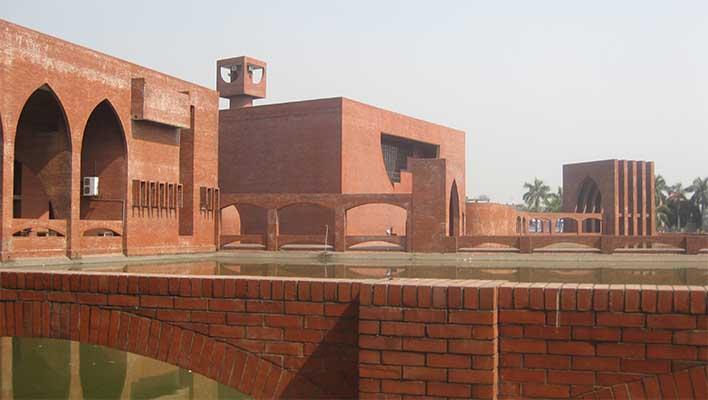South Korea Lottery Result 2024 PDF- eps.boesl.gov.bd
The Bangladesh Overseas Employment and Services Limited (BOESL) has officially released the South Korea Lottery Result 2024 today, March 7, at 3:00 pm. Applicants can obtain their result copies from the boesl.gov.bd lottery result website. Simultaneously, the waiting list has also been made public. In addition to announcing the BOESL Lottery Result 2024, comprehensive information … Read more



